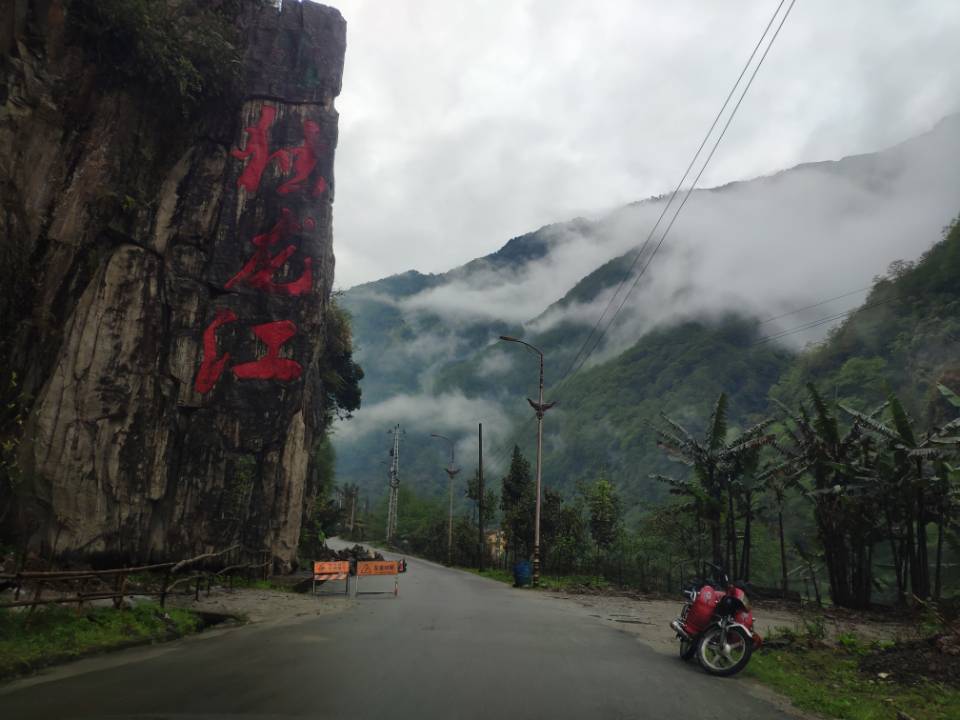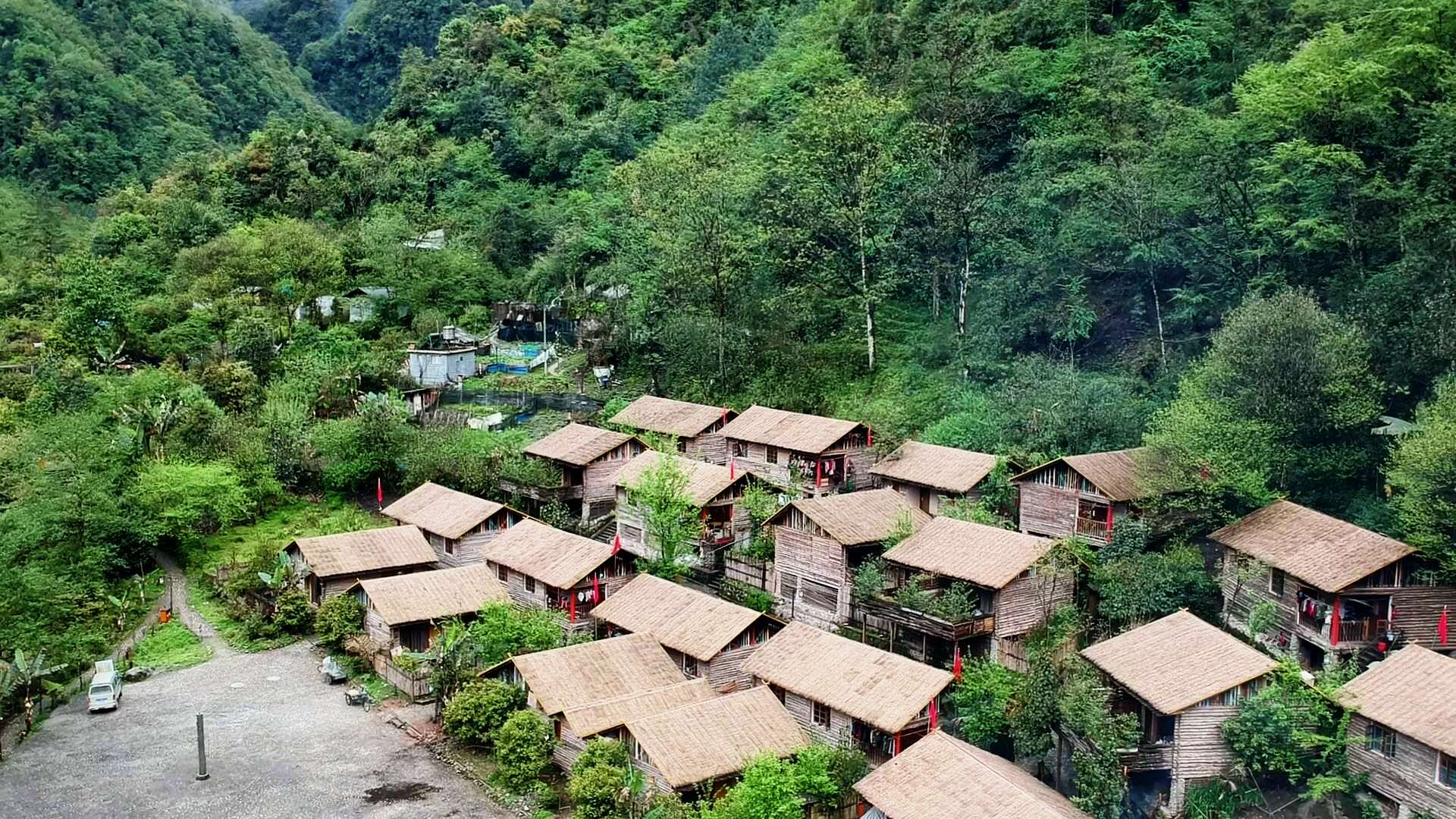Setting an example for poverty alleviation through tourism
- By He Shan
 0 Comment(s)
0 Comment(s) Print
Print E-mail China.org.cn, June 3, 2019
E-mail China.org.cn, June 3, 2019

In a far-flung corner of southwestern China, the Derung people, one of the smallest ethnic groups in China, are setting a shining example of finding riches through abundant tourism.
About 7,000 Derung people live in the deep ravines of the Dulongjiang River in Yunnan province's Nujiang Autonomous Prefecture, one of the least developed regions in the country.
The Derung people were declared last April to be out of poverty, a feat for an ethnic group living in a place that was isolated for centuries due to poor transportation.
Since the 18th CPC National Congress in 2012, President Xi Jinping has made poverty alleviation a priority task, and the country aims to eradicate absolute poverty in China by 2020, lifting roughly 10 million people from poverty each year.
The Derung's achievements can certainly be attributed to a string of measures, such as creating job opportunities, developing industries, relocating people from harsh areas and offering allowances to the poor, elderly and sick.
On a recent trip to Nujiang, I found the most viable part of the poverty reduction campaign is that the locals cleverly transform the picturesque views outside their windows into income.
In Nujiang, tourism is the most sustainable economic development option and acts as an engine for development through fiscal income and the creation of jobs.
Pukawang village in Dulongjiang township, for instance, relocated local villagers from inhospitable areas into cozy homes built by the local government.
Each new cottage measures 120 square meters, of which 40 square meters can be used as a guesthouse for tourists. A hotel company manages the villa space and pays yearly rent of at least 5,000 yuan (US$723), which means a hefty income for locals.

Those cottages are used to accommodate tourists who want to take in the unique charms of living beside the Dulongjiang River, which flows south from the Tibetan plateau through this valley into bordering Myanmar.
This measure largely improved the lives of local people, who can partially rent out space to the hotel company.
At the same time, local authorities are well aware of the need to protect the environment and ensure sustainability.
The Derung people have immense respect for their natural environment. A local man told me that during the rainy season, when timber washes down from the upper reaches of the Dulong River, villagers fetch the wood from the river to reduce the number of trees they need to cut down for firewood.
The native environment is the greatest legacy they can leave to their children.
If tourism is managed with a focus on poverty alleviation, it can directly benefit the poor communities through employment in tourism enterprises.
A good example of this is Laomudeng village, a hamlet surrounded by tall mountains and green fields, best known for its perfect location to take in views of the Nujiang Grand Canyon. A local villager runs a guesthouse that owns a spectacular view from its windows. His inn employs dozens of local villagers, who are paid about 2,500 yuan per month.
Moreover, tourism requires relatively less investment than other industries and the requisite infrastructure and superstructure can benefit both tourists and local populations. In 2014, a 6.68-kilometre-long tunnel opened to traffic in Dulongjiang town. The tunnel not only put an end to the days the remote town was cut off from the outside world by heavy snow from October to April every year, but also improved road access and facilities in the area for tourism development.
Finally, tourism provides an opportunity to support traditional lifestyles and maintain cultural heritage.
As the next step, the local people should take an initiative to encourage holiday goers to eat at local restaurants, shop locally and use local guides, which will further increase income channels for the local communities.
If you would like to contribute, please contact us at opinion@china.org.cn.






Go to Forum >>0 Comment(s)